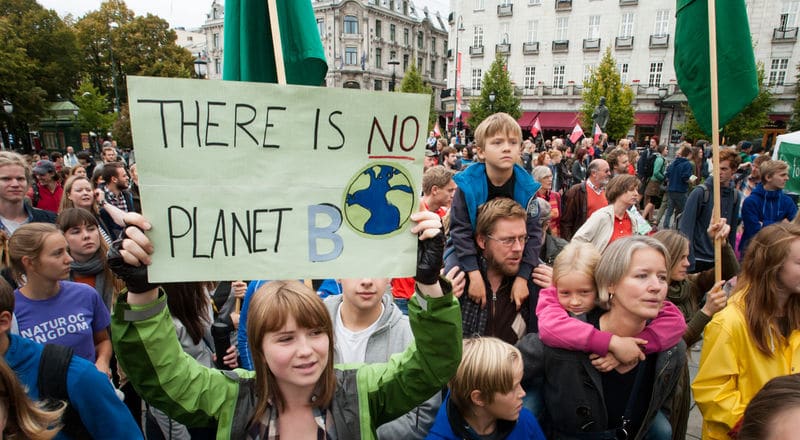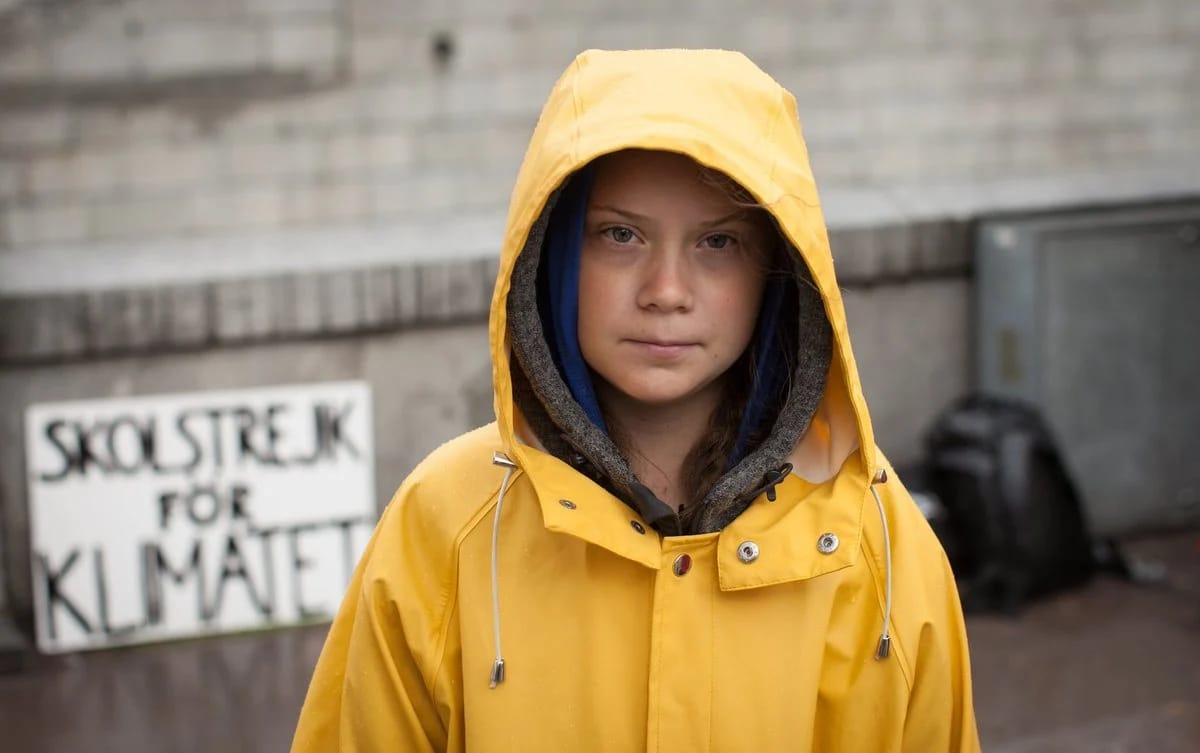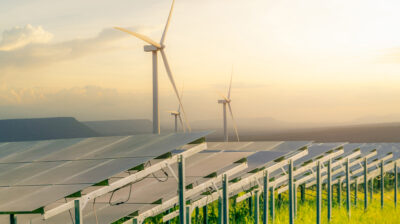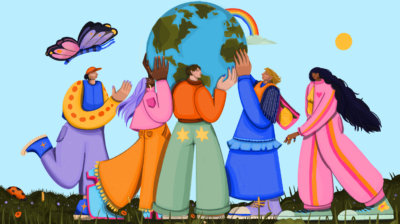Changing the way we talk about the climate
SpunOut.ie are introducing new style guidelines for the way we talk about the climate crisis

Climate change is one of the biggest threats facing humanity today. Across the world, rising temperatures and carbon emissions are changing the way people live, where they can live, and their health and wellbeing. Young people are especially vulnerable to the impacts of the climate crisis, as it puts their future at risk.
Earlier this year, The Guardian made a decision to change the language they use when talking about the environment, choosing to use words that more accurately describe the crisis that is unfolding. SpunOut.ie has decided to follow in their footsteps and update our own style guidelines to change the way we talk about the climate crisis.
Why are we doing this?
What is happening to our climate is an emergency – but that’s not always how we talk about it. Scientists working in the area of climate research have said that the terms currently used to describe climate change (including ‘climate change’ and ‘global warming’) are not an accurate reflection of what it happening to the Earth’s climate. By changing the language we are using, it helps to show the urgency of our current situation, and can change the way we talk about and think about the climate.
Young people and the fight against climate change
SpunOut.ie is an organisation by young people, for young people. We believe that the solutions to the climate crisis lie in the passion and energy of young people around the world who are calling on their leaders to tackle climate breakdown.
As a youth organisation, we believe it is important that the words we use to talk about the environmental crisis we are facing reflect how young people feel about this issue.
Greta Thunberg. Image: Anders Hellberg
One of the strongest advocates for changing the language we use around the climate is Greta Thunberg, a leading youth climate activist who started the Fridays for Future school strike movement.
How will we talk about climate change?
While we won’t stop using the words ‘climate change’ and ‘global warming’ completely, we have decided to introduce these terms into our content on the environment:
- Climate crisis
- Climate emergency
- Climate breakdown
- Global heating
- Environmental destruction
- Environmental breakdown
Phrases like ‘climate crisis’ and ‘climate emergency’ give a sense of urgency to the issue, and ‘global heating’ is considered a more accurate description of the rising temperatures we are currently experiencing, according to a leading UK climate professor.
What difference will it make?
In order to solve the climate emergency, we need action from governments, world organisations, and corporations. Local, national, and global policy needs to shift to address climate breakdown. This is an issue that requires action, not just conversation.
However, changing the language we use to discuss the climate encourages people to stop viewing climate change as a future issue, and realise that this is something that is happening right now, and needs to be addressed right now. ‘Climate change’ implies a slow, gradual change over time, that is somewhat natural. Although some changes in our climate can, in some cases, have natural causes, the scale and speed of the change we are experiencing now is not slow or natural.
Our content on the climate:
We have recently created a series of new articles on the climate crisis, and we hope to continue to create more factsheets on this topic:
- What is climate change?
- How does climate change affect Ireland?
- How to contact politicians about the climate crisis
- What is the Paris Climate Agreement?
- How to lower your carbon footprint
- What is Ireland doing about climate change?
- 10 facts about climate change
Our volunteers are talking about the climate crisis
At SpunOut.ie, we want young people in Ireland to feel like their voices are heard. We want to give a platform to young people to share their views on the climate emergency and take part in projects to discuss and address our changing climate.
This includes articles, podcasts, and other content on the Sustainable Development Goals, climate change, and the environment. Find some of those opinion pieces here:
- Why I started caring about the climate emergency by Edidiong Bassey
- Why I’m feeling inspired after the Climate Action Strike by Sionnach Frost
- Small changes we can make to live more sustainably by Emma O’Toole
Want to get involved?
If you are a young person in Ireland age 16-25 who is passionate about the climate emergency, we want to hear from you. Find out how you can get involved with spunout to create articles, podcasts or videos about the climate crisis, climate action, and how it feels to be a young person at a time when we are experiencing so much environmental change.







